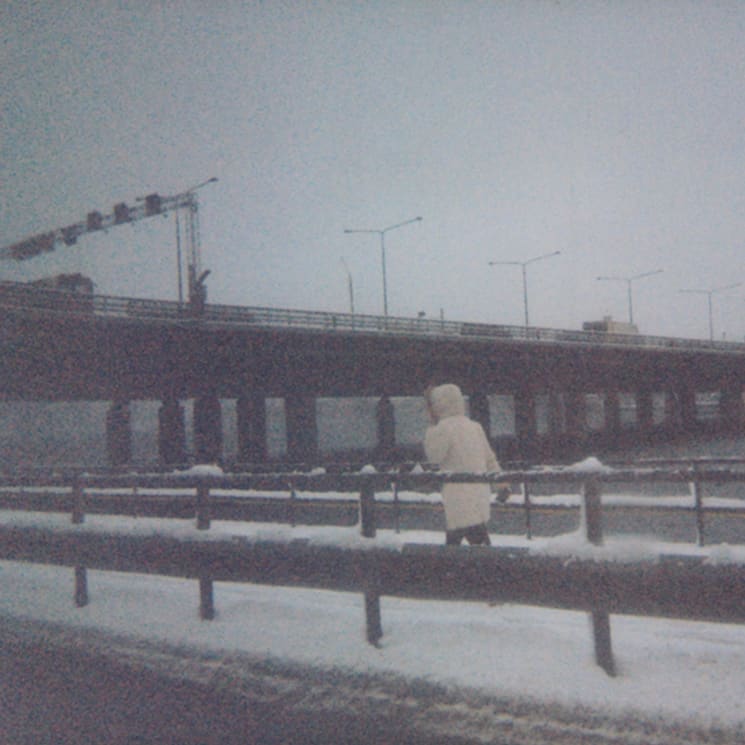For his ninth studio album under the Sun Kil Moon moniker, and second album of 2018, Mark Kozelek has taken the usual process and played it in reverse. Instead of recording the album, then touring it, Kozelek recorded This Is My Dinner in liminal spaces while touring Europe in November 2017, played the songs for audiences, then recorded them once the tour concluded.
Kozelek is at once interacting with the internet-age proclivity to share the day-to-day experiences with an audience while critiquing inauthenticity. On the title track, he chastises audiences who spend concerts on their phones while telling tales of choices he made on tour in his 20s: "When you're in your 20s in my opinion, nothing should be off-limits." In the confessions the critique feels almost hypocritical, but in recent years, Kozelek's lyrics read more like diary entries than personal philosophies.
The majority of this record serves as a travelogue: the stream-of-consciousness lyrics about locality permeate more than half the time, with many songs clocking in at over ten minutes and finding form out of repetition. "This Is My Dinner" hinges on a dreamy and resonant riff and patterns in the story of Kozelek having to get home to visit his ill cat before she passed away. "Candles" finds wholeness in the image of candles burning all across Sweden, and "This Is Not Possible" gives a sense of the hospitality in Berlin, Frankfurt and Holland by way of comparison (and some background participation).
When the travelogue breaks, it is into a memoriam for David Cassidy and Malcolm Young — who both passed away while Sun Kil Moon were on tour. The cover of "Come On Get Happy" makes for a jarringly saccharine moment on an otherwise thoughtful record. The album also features a cover of AC/DC's "Rock 'n' roll Singer" — a track that Kozelek has recorded before, three times. You can feel his genuine response to the loss.
There is a sense of indulgence here, moments that could read as self-important, particularly when Kozelek dips into criticism, but themes of loss, of displacement, and of holding onto what has held you in the past bring completeness.
(Caldo Verde)Kozelek is at once interacting with the internet-age proclivity to share the day-to-day experiences with an audience while critiquing inauthenticity. On the title track, he chastises audiences who spend concerts on their phones while telling tales of choices he made on tour in his 20s: "When you're in your 20s in my opinion, nothing should be off-limits." In the confessions the critique feels almost hypocritical, but in recent years, Kozelek's lyrics read more like diary entries than personal philosophies.
The majority of this record serves as a travelogue: the stream-of-consciousness lyrics about locality permeate more than half the time, with many songs clocking in at over ten minutes and finding form out of repetition. "This Is My Dinner" hinges on a dreamy and resonant riff and patterns in the story of Kozelek having to get home to visit his ill cat before she passed away. "Candles" finds wholeness in the image of candles burning all across Sweden, and "This Is Not Possible" gives a sense of the hospitality in Berlin, Frankfurt and Holland by way of comparison (and some background participation).
When the travelogue breaks, it is into a memoriam for David Cassidy and Malcolm Young — who both passed away while Sun Kil Moon were on tour. The cover of "Come On Get Happy" makes for a jarringly saccharine moment on an otherwise thoughtful record. The album also features a cover of AC/DC's "Rock 'n' roll Singer" — a track that Kozelek has recorded before, three times. You can feel his genuine response to the loss.
There is a sense of indulgence here, moments that could read as self-important, particularly when Kozelek dips into criticism, but themes of loss, of displacement, and of holding onto what has held you in the past bring completeness.
